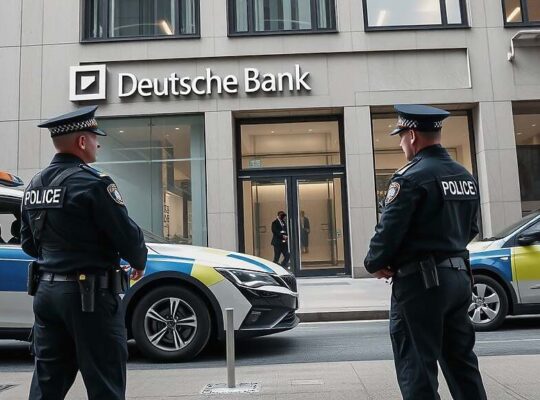The German financial regulator, BaFin, has concluded its special supervisory mandate over Deutsche Bank’s retail division, marking a shift that raises questions about the bank’s sustained progress in resolving significant operational issues. The special supervisor, a team of experts from KPMG, departed Deutsche Bank at the end of October, according to statements released to Handelsblatt. BaFin has confirmed the termination of the mandate.
The appointment of the KPMG team in September 2023 stemmed from severe disruptions to customer service at Postbank, a subsidiary of Deutsche Bank, following a data migration project onto the parent bank’s IT infrastructure. The transition was plagued by widespread customer complaints, lengthy delays and significant operational failings, prompting the regulator to intervene with unprecedented scrutiny.
Deutsche Bank maintains that substantial improvements have been made. A bank spokesperson asserted that “backlogs have been reduced, customer service functions predominantly smoothly and further IT projects have been implemented successfully and without significant customer impact”. This narrative, however, is met with skepticism from some industry analysts who point to the underlying vulnerabilities within Deutsche Bank’s legacy IT systems and the potential for future disruptions.
The removal of the special supervisor signifies a vote of confidence from BaFin, but also raises concerns about whether the bank has fully addressed the systemic issues that initially triggered the regulator’s intervention. Critics argue that the quick termination risks a return to complacency and a failure to maintain the enhanced oversight necessary to prevent a recurrence of the Postbank debacle. The episode serves as a stark reminder of the challenges facing large German banks in modernizing their operations and maintaining customer trust amidst complex and often precarious technological upgrades. The incident is likely to fuel ongoing debate regarding the robustness of BaFin’s supervisory powers and its ability to hold institutions accountable for systemic failures.












